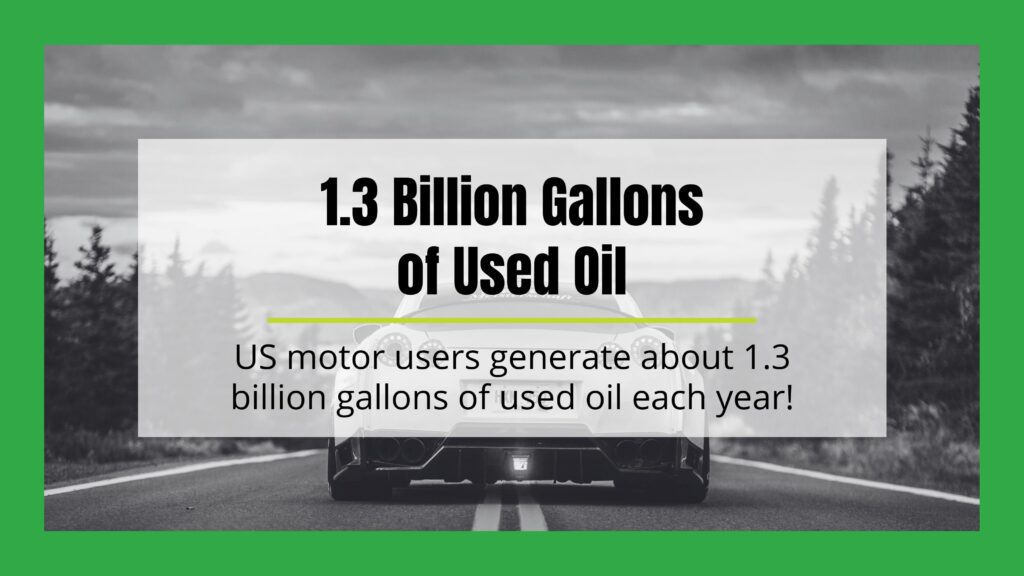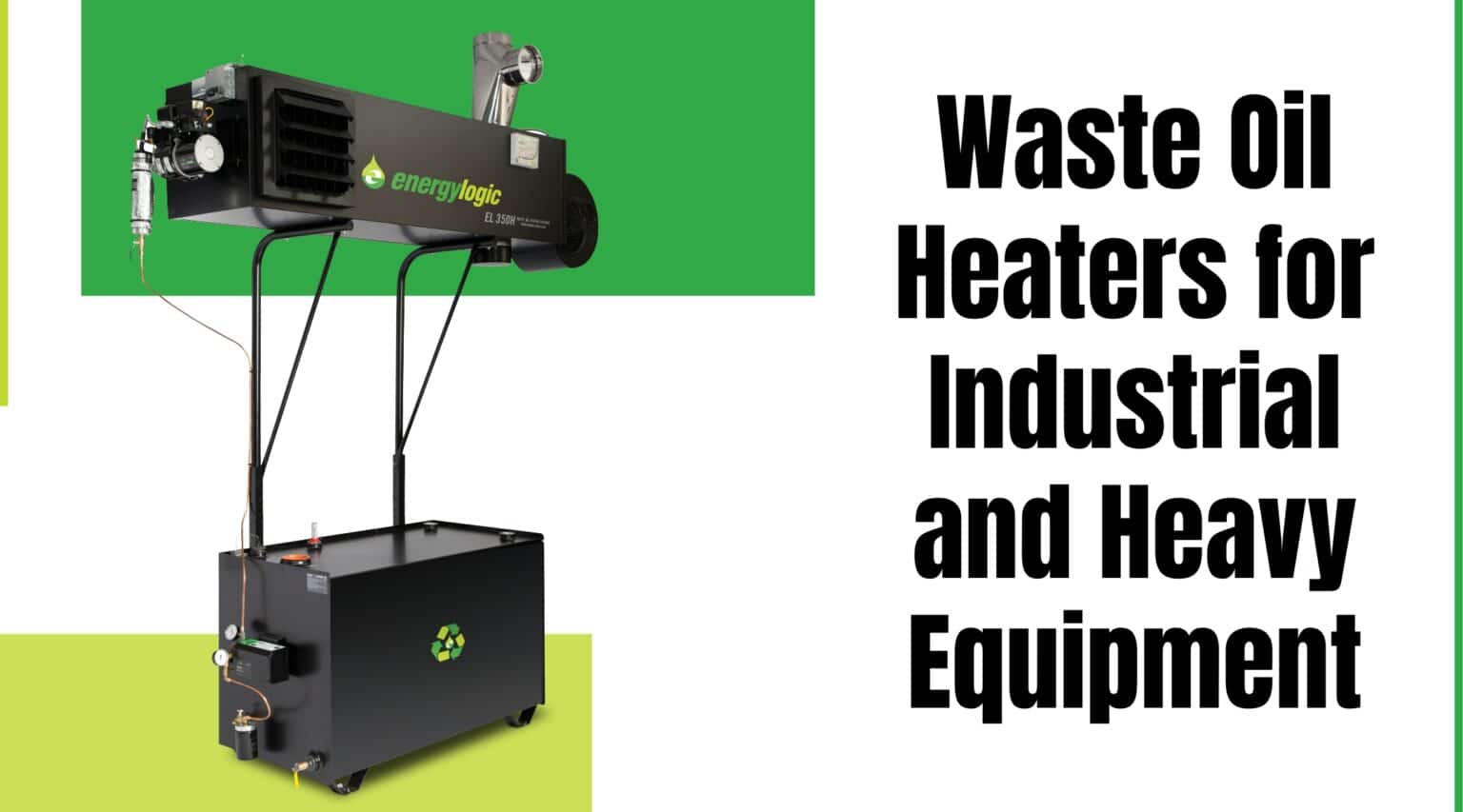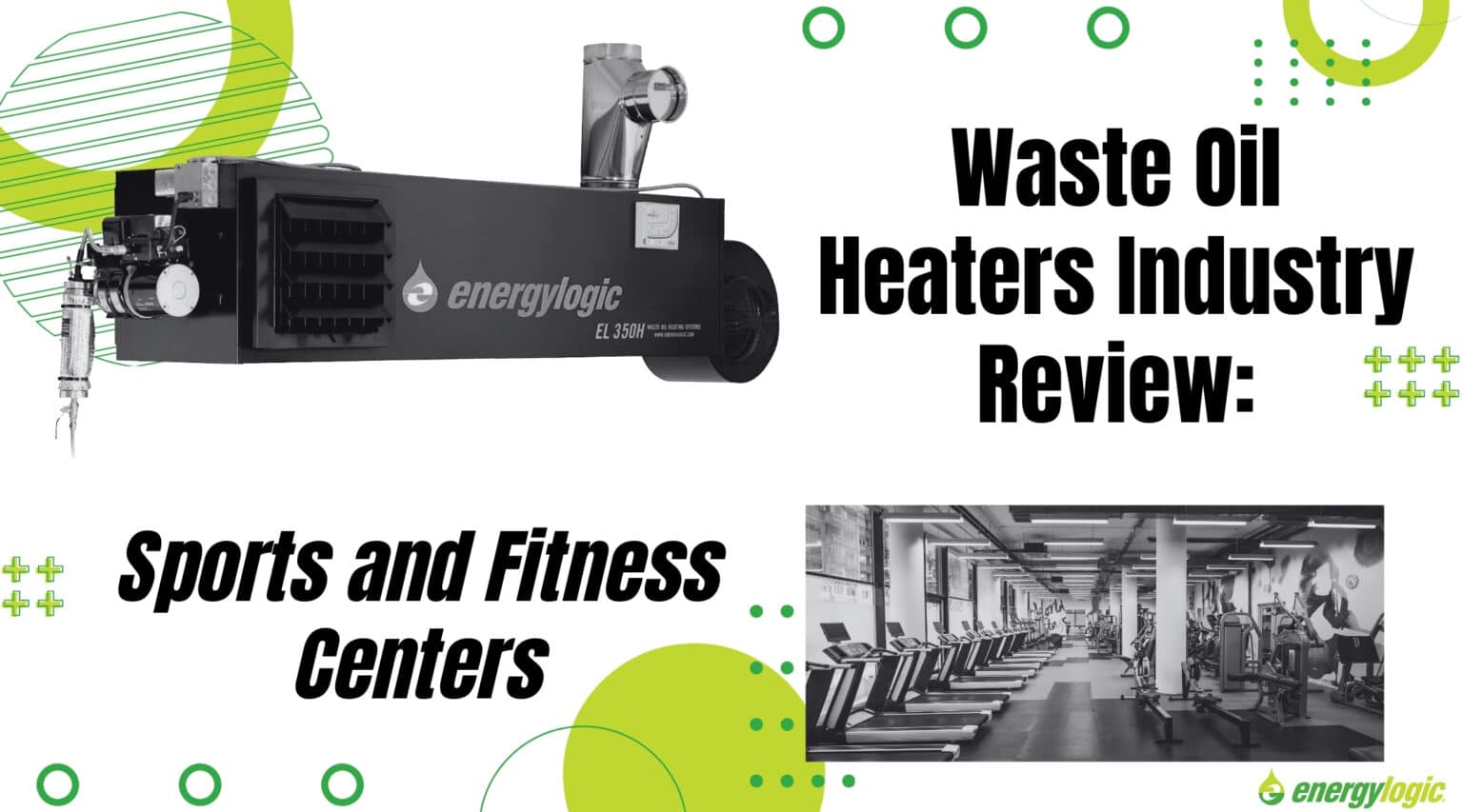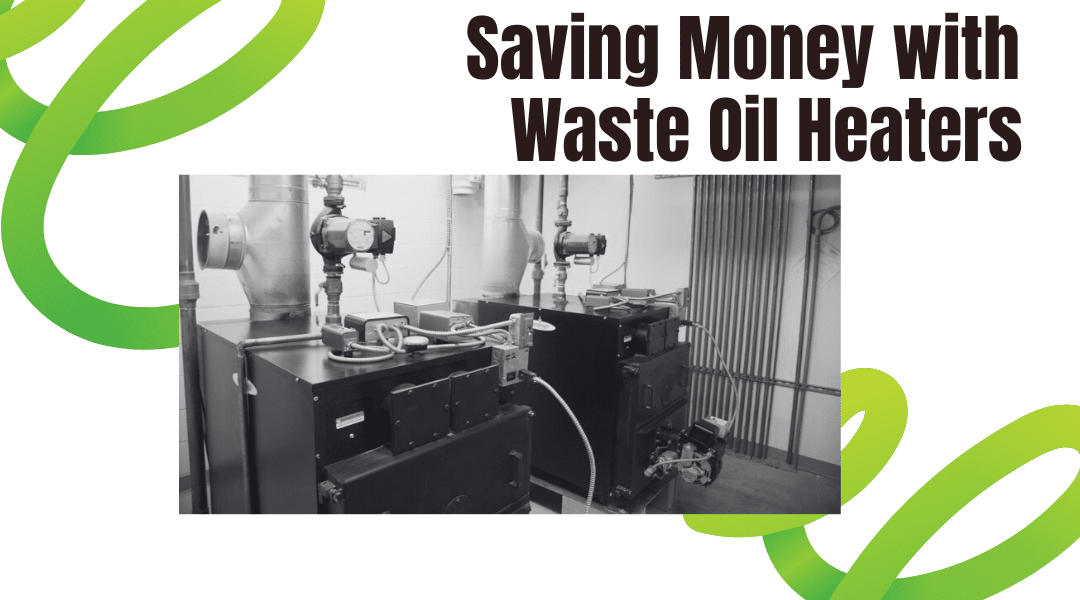At the end of 2022, there were over 285 million vehicles on the roads throughout the US. All these cars, trucks, and vans create a staggering amount of non-biodegradable waste, including motor oil. In fact, US motor users generate about 1.3 billion gallons of used oil each year!

Sadly, a large amount of used oil gets poured down sewers or drainage gates or is improperly disposed of into the environment. However, there is another way to handle used oil: recycle it!
Recycling used oil not only keeps it from landfills but prolongs its usefulness. So, whether you are a small auto mechanic or manage a large automotive fleet, several used oil recycling options are available.
What Do you Mean by ‘Recycling Used Oil’?
Through regular use, oil becomes contaminated with impurities: dirt, water, chemicals, and metal shavings. These impurities can be removed from the used oil through various processes so it can be repurposed. This is used oil recycling. Essentially, used oil recycling is akin to doing a load of laundry: soiled clothes go in, and clean, reusable garments come out.
Multiple Ways to Recycle Used Oil
Used oil can be recycled and repurposed in a multitude of ways.

- Burning for Energy Recovery:
Used oil in weights from 5 to 90, including synthetic, can be stored and used to generate heat and hot water. Modern waste oil heaters and burners pump waste oil from a storage tank through a filtration system to purify the used oil. The filtered waste oil is then pumped into an industrial burner system and preheated to the perfect temperature. Next the pre-heated oil is sprayed into a tube where it mixes with air. A high-voltage electric current ignites the heated mixture of used oil and air and passes over a heat exchanger. This heat is finally vented out to the space to be heated or to a system to be heated. Any excess combustion gas is vented outside to the ambient air. Once the oil is burned, it cannot be reused.
- Re-refining Into Base Stock for New Lubricating Oil:
Used oil can be shipped to a refinery or processing plant to generate new lubricating oil. The used oil goes through a multi-stage process to clean it. First, vacuum distillation removes the water from the oil. Next, the contaminants and additives are separated out through a wiped-film evaporation process. Then, a hydrotreating process heats the oil up to 700 degrees Fahrenheit and 1,100 pounds per square inch to infuse hydrogen back into the hydrocarbon molecules. The result is a high-quality re-refined oil virtually identical to virgin oil stock that can be reused as new lubricating oil. The re-refining process prolongs the life of the oil resource indefinitely.
- Reconditioned on-site:
Used oil that is reconditioned on site uses a filtering system to remove the impurities from the used oil at the site where the oil is being used. Only factories and other businesses that generate a lot of waste oil are likely to recycle used oil in this method.

- Inserted into a Petroleum Refinery:
Used oil can also be introduced as a feedstock into a refinery production process.
What Types of Oil Can Be Recycled?
Auto repair shops, industrial and heavy equipment businesses, and transportation industries generate various used oil and oil-based products. Most of these used oils can be recycled, including:
- Engine Oil
- Synthetic Oil
- Hydraulic Fluid
- Transmission Fluid
- Compressor Oil
- Refrigeration Oil
- Heat Transfer Fluid
- Oils Used as Buoyant
Benefits of Recycling Used Oil
Recycling used oil is not only good for the environment and the economy, but it can also save you money too!

Protects the Environment
If used oil isn’t recycled, it is likely to be disposed of improperly. Improperly disposed used oil makes its way into rivers, streams, and lakes, causing a devastating impact on the environment. In fact, according to the EPA, one gallon of used oil can contaminate one million gallons of water if it finds its way into the water table. Additionally, re-refining used oil takes only about one-third of the energy of refining crude oil to lubricant quality. Moreover, recycling used oil means that fewer crude oil barrels will be extracted from the ground, further protecting the environment.
Makes Economic Sense
It takes 42 gallons of crude oil but only 1 gallon of used motor oil to produce the same 2.5 quarts of new, high-quality lubricating oil. This makes recycling oil cheaper than refining oil from crude. In short, the more oil we recycle, the less oil the US needs to purchase from outside sources.
Adds To Your Bottom Line
Used oil that is burned for energy recovery can reduce a business’s heating bills by up to 20% in the winter. Additionally, a business that generates used oil can eliminate costs related to cradle-to-grave liability and hauling used oil off site. In fact, a 3,900 square-foot facility that collects 140 gallons of used oil a month can save USD$30,000 in 10 years by burning used oil for energy recovery.
Used Oil is A Beneficial Product
Used oil is a very beneficial product when recycled. By choosing to recycle used oil, you contribute to a cleaner environment, to reducing hefty improper disposal fines, and to lower your business’s energy costs.

If you want to know more about how to recycle waste oil by burning it for energy recovery, then give Energy Logic a call. We have been manufacturing modern and reliable waste oil heaters and boilers for over 20 years. Our national network of experts, along with our in-house support team, can guide you to the best custom solution to harness your onsite energy and reduce costs.
Sources:
https://www.epa.gov/recycle/managing-reusing-and-recycling-used-oil
https://www.scientificamerican.com/article/can-oil-be-recycled/
https://auto.howstuffworks.com/under-the-hood/vehicle-maintenance/oil-recycling.htm
https://www.recycleoil.org/oil-recycling-process/what-happens-to-used-oil




